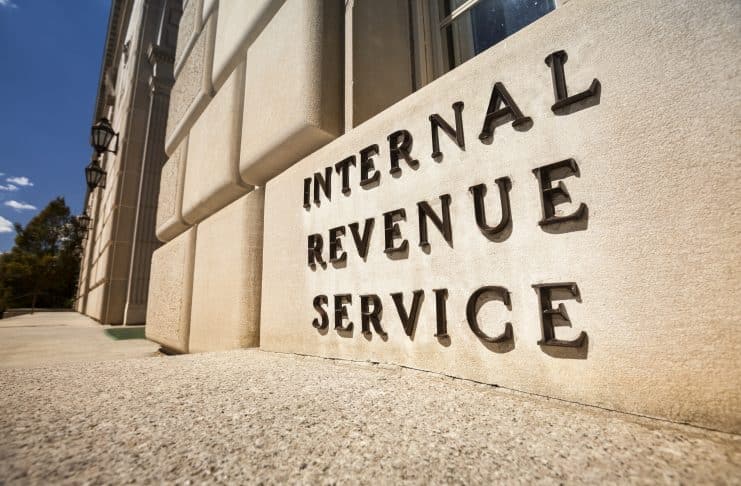At the Biden administration's urging, Congress promised to give the IRS an additional $80 billion over the next decade to fix its many, manifest and growing administrative problems and devote substantial new resources to squeezing more revenue out of the legions of alleged tax scofflaws who aren't paying their “fair share.”
How are things going at the agency on the self-improvement front? According to the Government Accountability Office, not so good. Consider just one example: the IRS' suspension of two modernization efforts for a legacy taxpayer database:
This is particularly concerning for two suspended initiatives associated with the replacement and retirement of the 60-year-old Individual Master File (IMF)—IRS's authoritative data source for individual tax account data. IRS will face mounting challenges while it continues to rely on IMF, which has software written in an archaic language requiring specialized skills that are increasingly difficult to find. According to officials, suspending the initiatives was due to IRS's determination to shift resources to higher priorities. Staff members working on these initiatives were reassigned to other projects. IRS has been working to replace IMF for well over a decade and had announced in 2022 that its target completion date for replacing IMF was 2030. While, according to IRS, as of April 2023, the six suspended programs were still inactive, the Inflation Reduction Act Strategic Operating Plan identified a new retirement date of fiscal year 2028 for the IMF.
The IRS is using a nearly-dead computer language to operate a critical database…and the earliest it could be replaced is five years from now.
Which means the computer language will be ready to collect retirement benefits.
Or consider how the IRS still hasn't figured out how to prevent unauthorized data access and leaks of sensitive information:
We also determined that 32 recommendations from our prior years' reports related to internal control over financial reporting remained open as of the end of fiscal year 2022. These recommendations primarily related to information system controls. The new and continuing control deficiencies related to information systems and safeguarding assets increase the risk of unauthorized access to, modification of, or disclosure of financial and sensitive taxpayer data and disruption of critical operations. The new and continuing control deficiencies related to transaction cycles, such as tax refunds, increase the risk of financial statement misstatements.
This one is particularly troubling because of recent, criminal leaks high-profile leaks of personal tax information:
Charles Littlejohn, 38, of Washington, D.C., faces a maximum of five years in prison, the Department of Justice said. Sentencing is slated for late January.
The agency did not identify the news organizations that received the information, though it's apparent it is referring to ProPublica, which said it was given a massive trove of tax records and ran a series of stories detailing the tax practices of Jeff Bezos, Elon Musk and other wealthy people; and to the New York Times, which reported on Trump's tax returns.
The government says Littlejohn stole the information on two separate occasions, though provides few specifics about how he was twice able to evade safeguards designed to protect taxpayer privacy.
The GAO report would appear to show that not only was it relatively easy to get the information, regardless of whatever “safeguards” may be in place, but also there's no immediate plan to prevent future leaks.
The IRS says it's on the case, promises to mend its ways, and will definitely get better at its job. We shall see. Until then, perhaps someone at the agency should start looking for an appropriate retirement gift for the Individual Master File programming language. A five-year head start seems almost long enough for it to get done.
The opinions expressed in this article are those of the author and do not necessarily reflect the positions of American Liberty News.
READ NEXT: Soros-Backed DA Victim Of Car Burglary In City She Declared ‘Safe'


